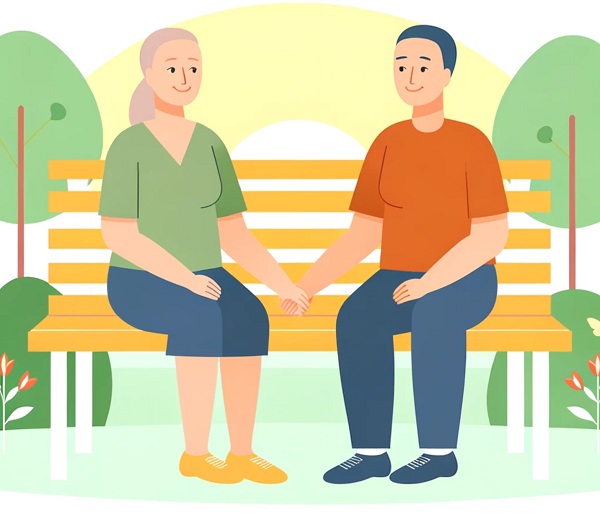This question comes up a lot and it is often something we need to know before we tell friends, loved ones or family members. But it is not an easy question to answer at all, in fact, the only real answer to that question is a personal choice rather than a generic one. Let’s run a few scenarios and show you what I mean…
The easiest way to explain BPD is telling the truth, but not starting with the bare truth. BPD in short means ‘Borderline Crazy’ but that is not a line you want to go telling people as it could scare them, especially a new friend or loved one. Personally, I feel the term “BPD means I am emotionally unstable sometimes” sounds much better as it covers most aspects of BPD without going too deep into the darker side of things.
Having said that, you will need to explain a little more the closer that person is to you. A loved one doesn’t want to hear you are ‘Borderline Crazy’, but they will need to know about symptoms like ‘ Fear of Abandonment‘ & ‘Explosive Anger‘ if you also suffer from that. Those sorts of things you will need to tell them as it is bounds to happen in front of them sometimes.
But family members are a different kettle of fish and you might want to tell them something like “Having BPD means I can get really depressed and troubled at times, so do keep an eye on me please.” They don’t need to know all the other details as you pushing them away shouldn’t affect family members half as much as it would a friend or partner.
A close friend should be able to handle pretty much all the symptoms and be there for you when you need them to, so I would suggest you go a little more in-depth with them. Tell them the symptoms you suffer from, point to this site so they can read up on them and learn the sorts of things you might do as well as the type of support they can offer.
Telling any other person about your BPD can be a scary thought indeed and it is not something I personally go round telling people. But the closer people around me do know because in my mind they needed to know a little more about my BPD. Just take each person as they come and try and make a small judgment call on what they might (or might not) need to know about your condition. I hope this page has answered that question and if not, or if you have any more questions do get in touch with us via the contact page.




One thought on “What is The Best Way to Explain BPD To People?”